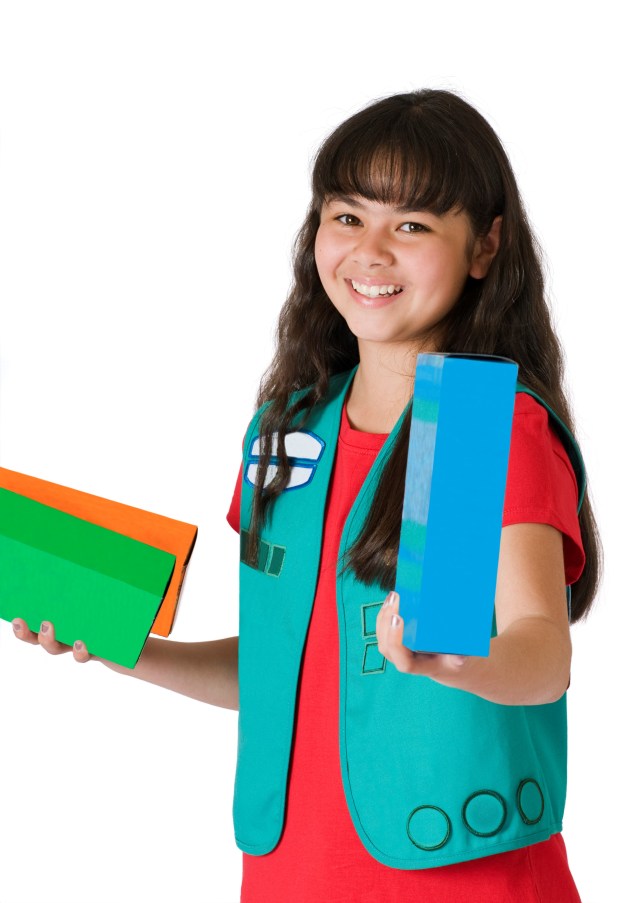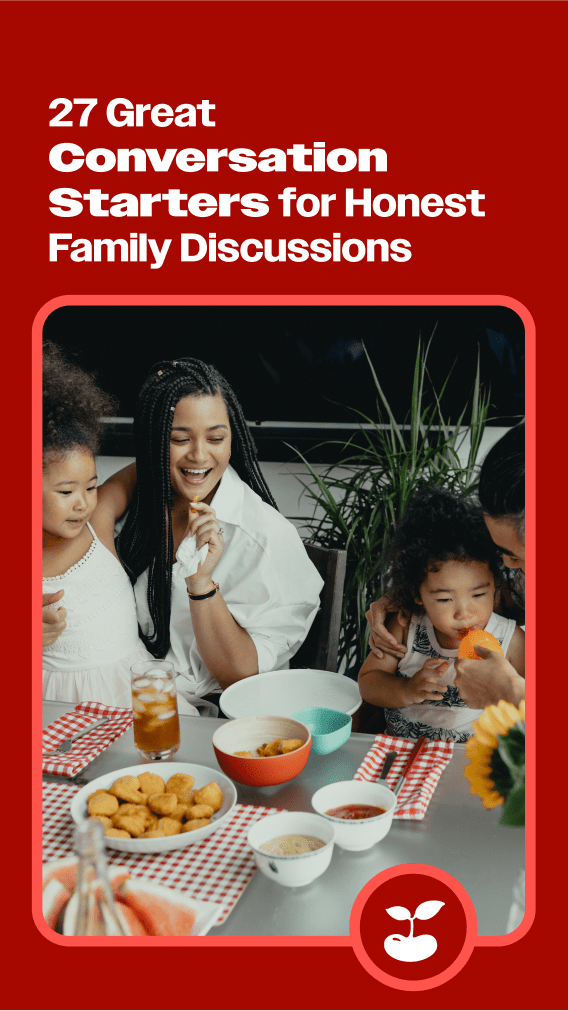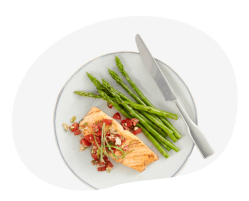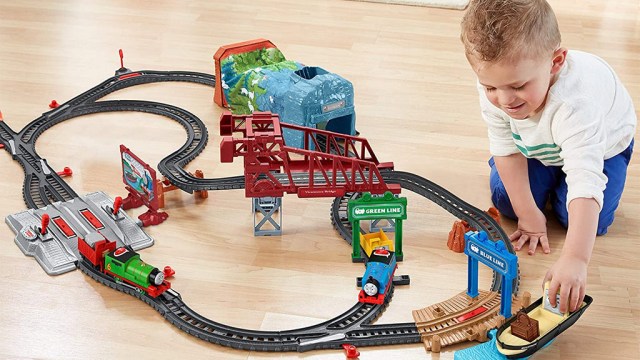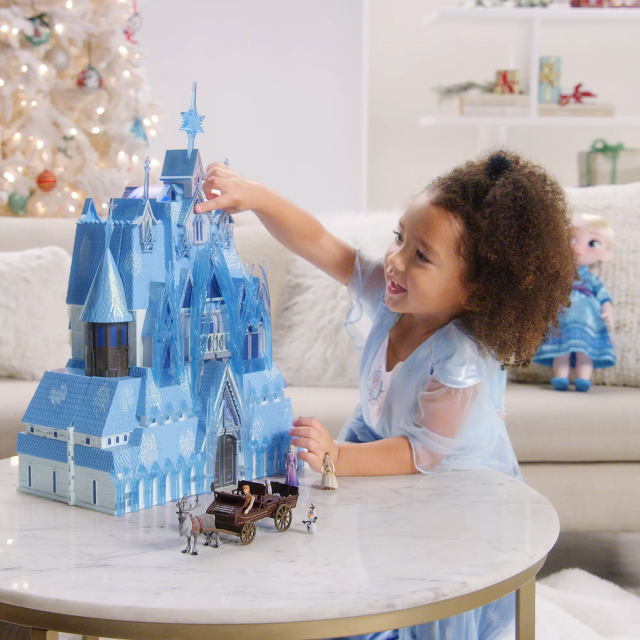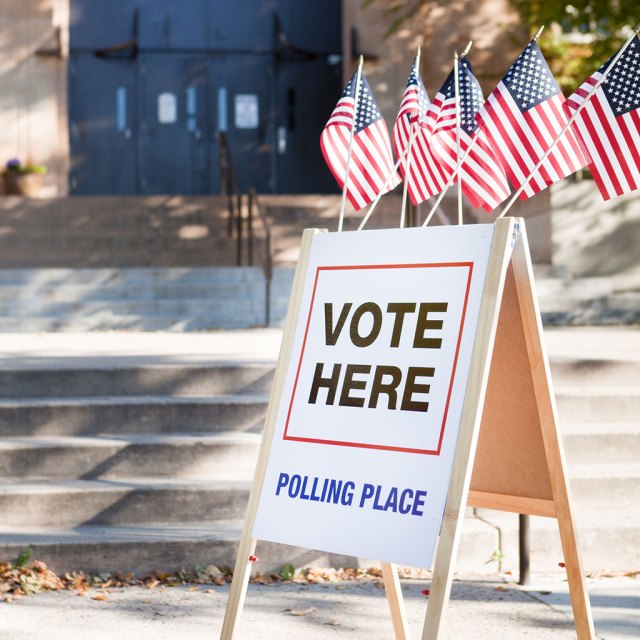Ask a little girl what they want to be when they grow up and you’ll get a variety of answers, many of them similar—fireman, dancer, doctor, singer, pilot, maybe a mommy or a police officer. You’d probably rarely hear the word entrepreneur. You might hear CEO.
Not every girl will want to grow up and start her own business. But the skills and concepts kids learn from entrepreneurship at a young age can help prepare them for whatever path they choose in the future.
If you have a young girl in your life—a daughter, niece, sibling or friend—you may see certain characteristics that may make you think, “This kid is going to be in charge someday—of something.” Entrepreneurs come in all shapes, sizes, temperaments and personalities, of course, but many have similar traits in common.
If you spot these in a young girl, they are good traits to encourage and develop.
She’s a natural leader.
Natural leaders aren’t always just telling other people what to do, and even kids who seem shy may have leadership tendencies. Leadership attributes can look different in each individual. Your daughter may have a knack at assembling a team of people and getting a group project done. She may be able to easily identify someone’s skills and match them up with the perfect task.
Maybe she’s someone who marches to the beat of her own drum or would rather blaze her own trail than follow the crowd. All of these things point to signs that she’s a natural leader.
She’s willing to take risks.
We’re not talking about being risky for the sake of being a daredevil here—the kid who climbs the tallest tree at the park or wants to ski the black diamond runs before she’s ready is not going to necessarily start her own business by 17.
But a girl who’s not averse to starting conversations with adults, speaking her mind with confidence, talking in front of a group about her passions or spending money to make money (e.g. allowance money for lemonade stand supplies) may show signs she’s willing to step out of her comfort zone when there may be a payoff. In fact, taking a risk may be a lot more attractive to her than playing it safe.
She’s doesn’t label herself.
It’s natural for people to want to categorize themselves, kind of as a way to say, “Here’s where I fit in,” “I want to help people, so I want to be a nurse,” or “I want to work with kids, so I want to be a teacher”—these are normal things you might hear a kid say when asked what they want to be when they grow up.
Natural entrepreneurs may not think that way, however—they may not be looking for a place to fit in as much as a way to stand out. If your child hems and haws when she’s asked, “What do you want to be someday?” don’t take that as a negative sign. It could be that she wants to create her own place in the world.
She’s self-motivated and driven.
Maybe you rarely have to ask about homework because she often has it done before you even get the chance. Or maybe she took it upon herself to start learning a second language or some other skill simply because she’s interested, not because she has to.
Is her list of extracurricular activities longer than either you or she has time for? Natural-born entrepreneurs are often driven to go beyond the status quo and have ambition to accomplish and do more than what’s expected.
She problem-solves.
The Warren sisters—Lilly, Chloe and Sophie—started their company, Sweet Bee Sisters, when they realized that their parents’ beehives were not going to produce enough honey to sell, only enough for their family and maybe a few friends. Then they noticed the beeswax. Could that be worth something? They did some research, started producing lip balm, and have since expanded their product line to include lotions and sugar scrubs.
This is a perfect example of problem solving: Honey wasn’t going to make them much money, but another byproduct of the bees certainly could. If you know a young girl who thinks less in terms of “we have a problem” but more with the mindset, “let’s find a solution,” she may be born to be a business owner.
This isn’t an exhaustive list. And we’re not saying if your daughter doesn’t have these traits, she won’t be an entrepreneur. These are simply traits that might suggest you have a budding future business owner on your hands.
Nurture them. Encourage her. And let her know that, above all, she’s capable.
Sometimes that’s all a girl needs to hear to get the wheels in her head spinning with possibilities.







